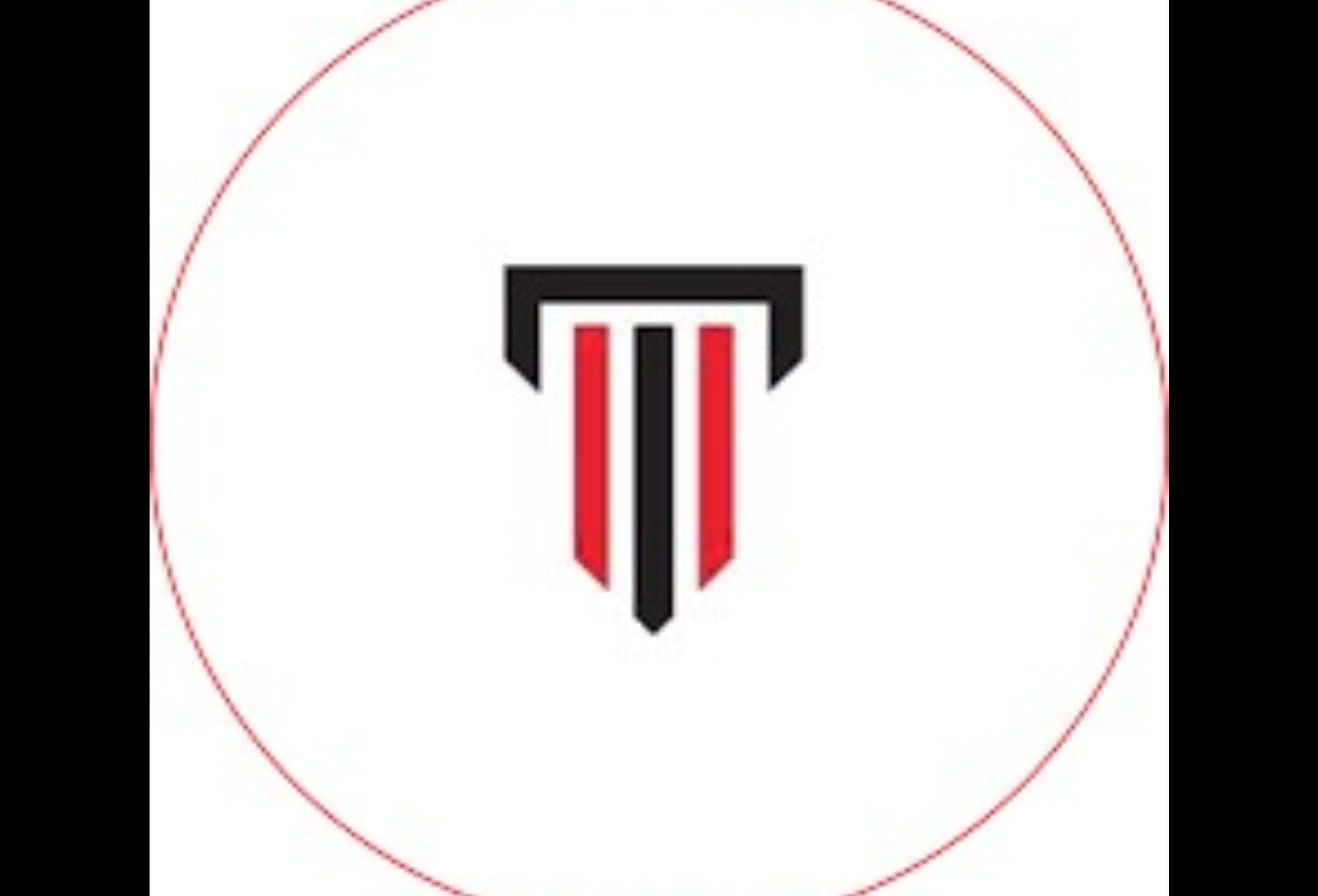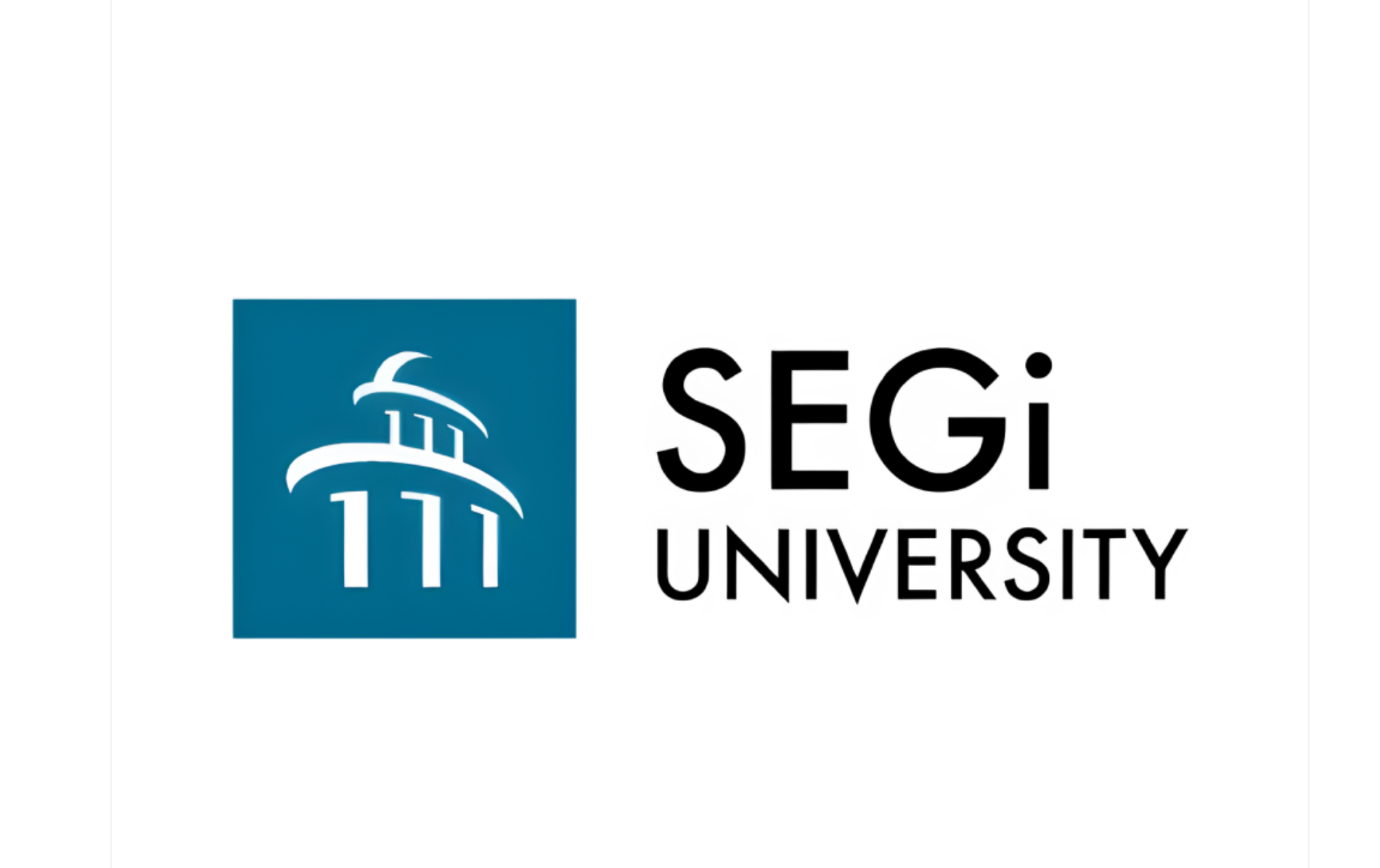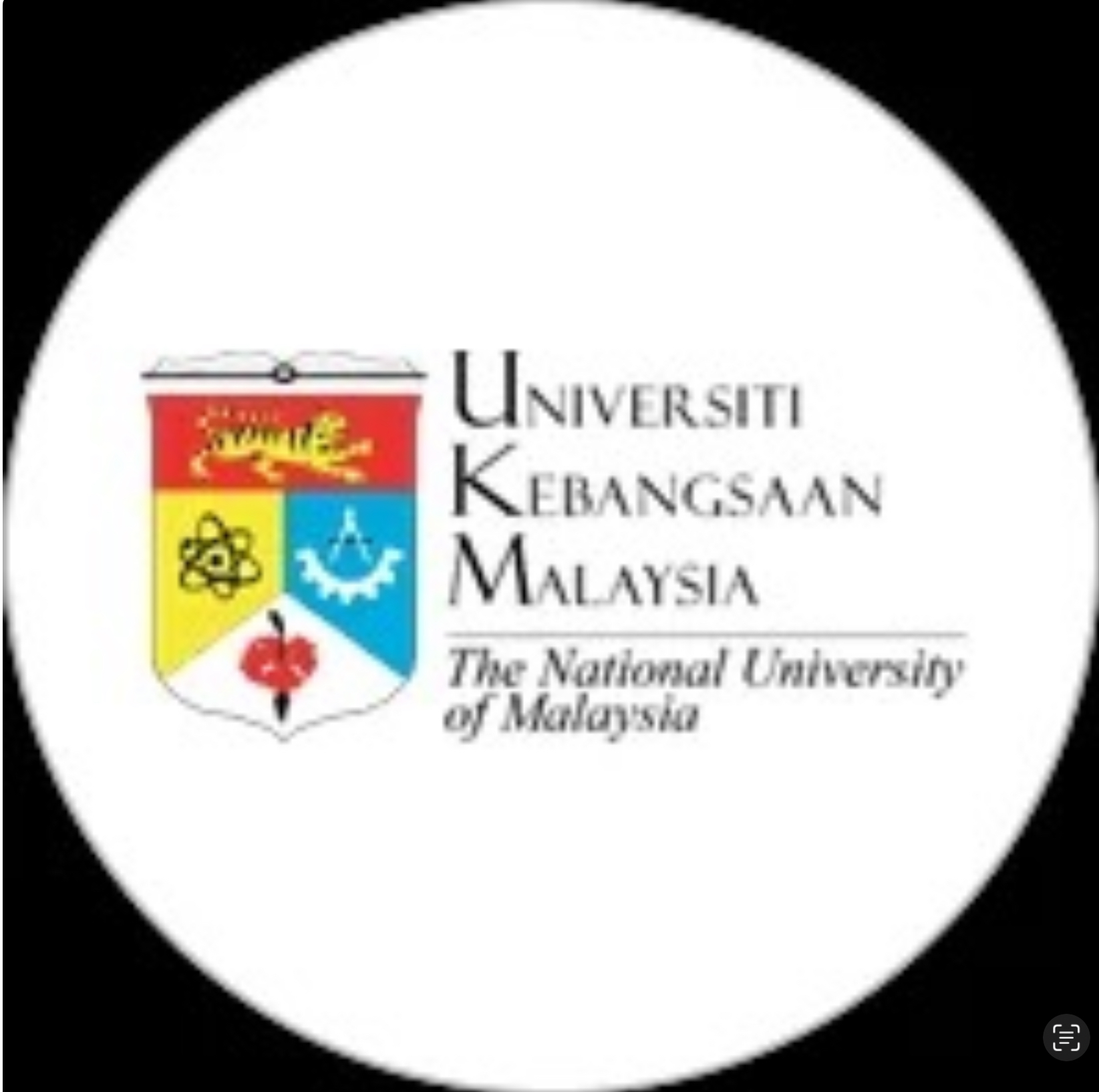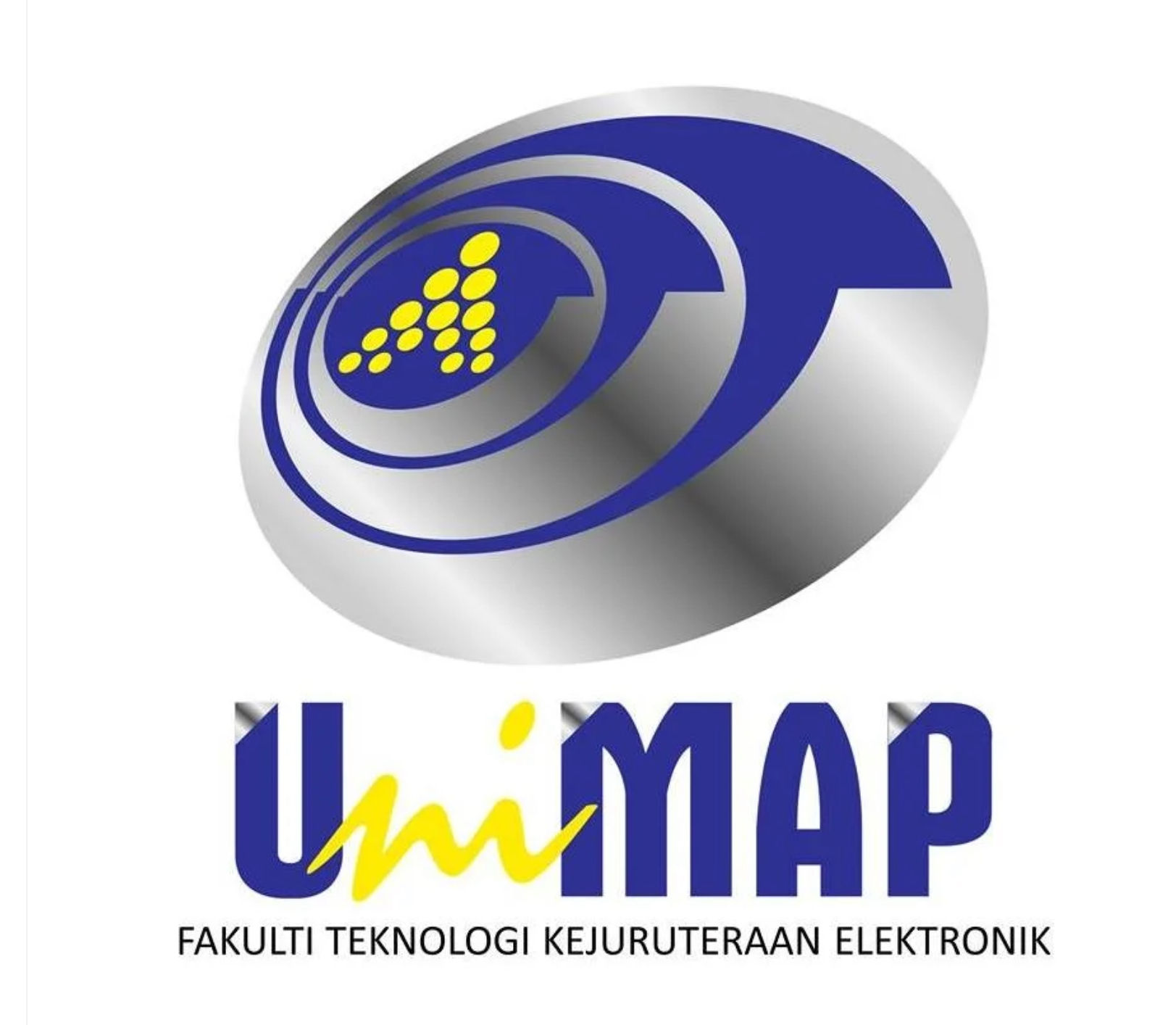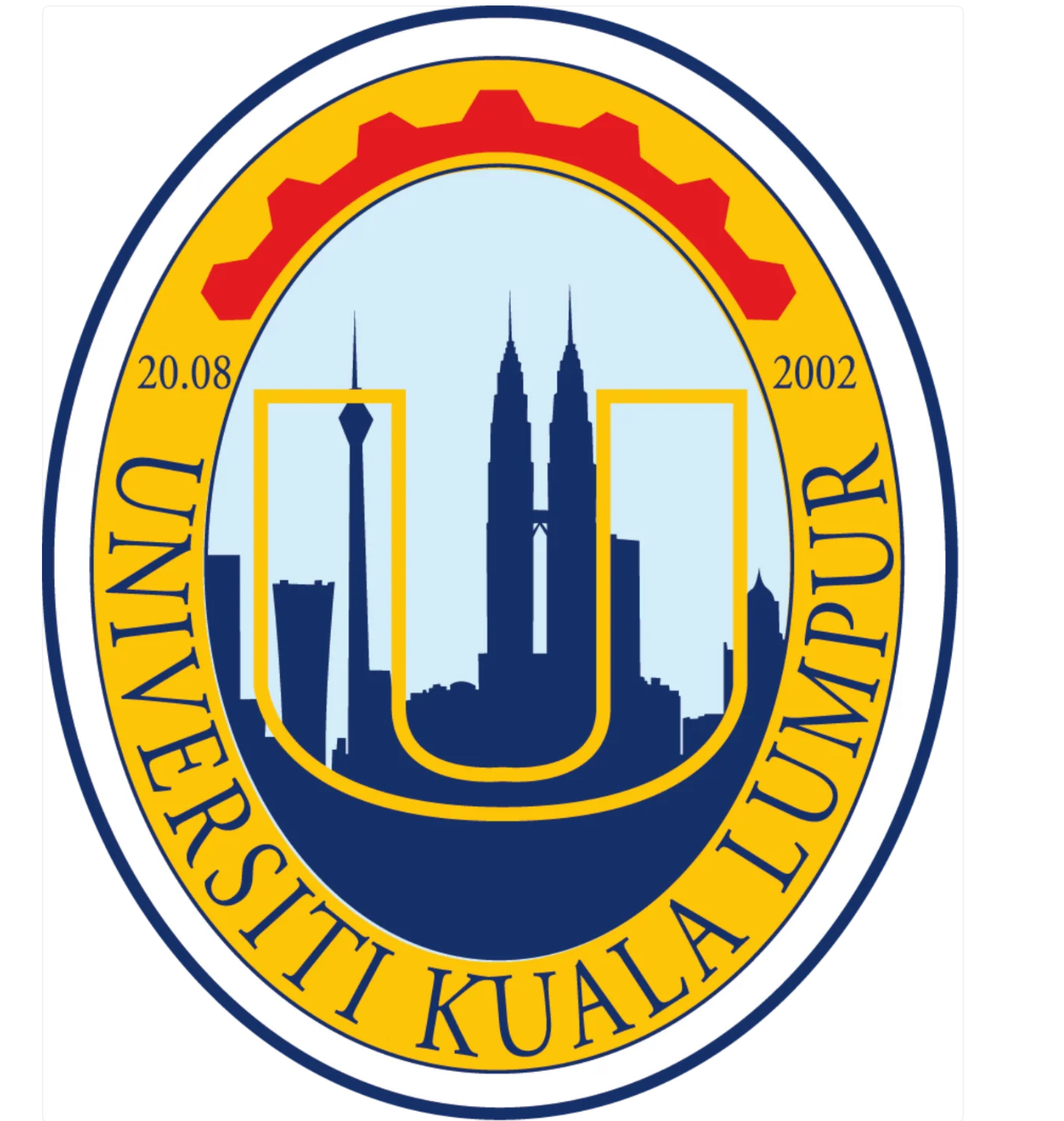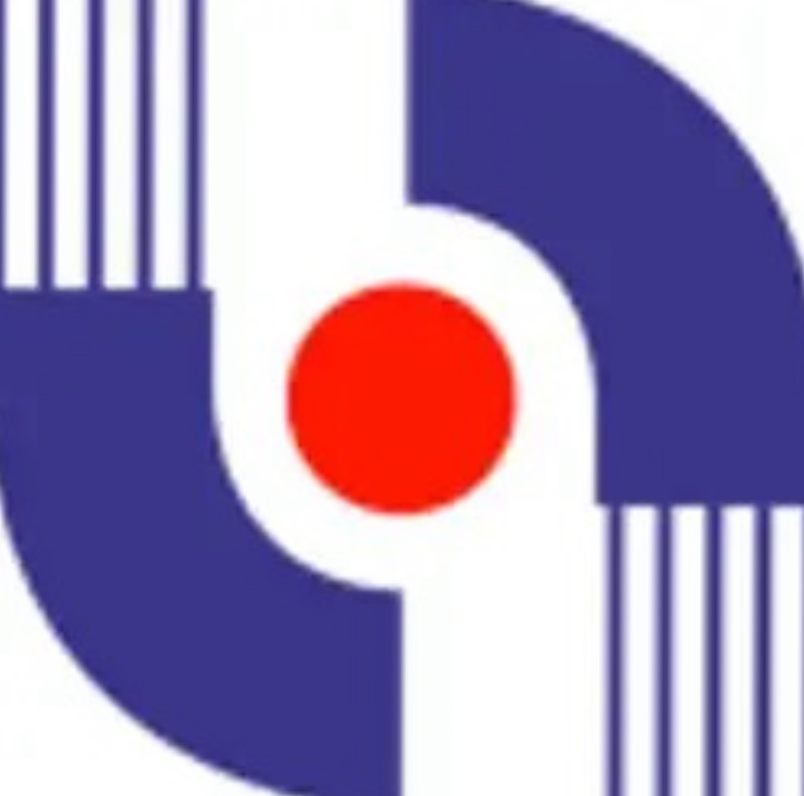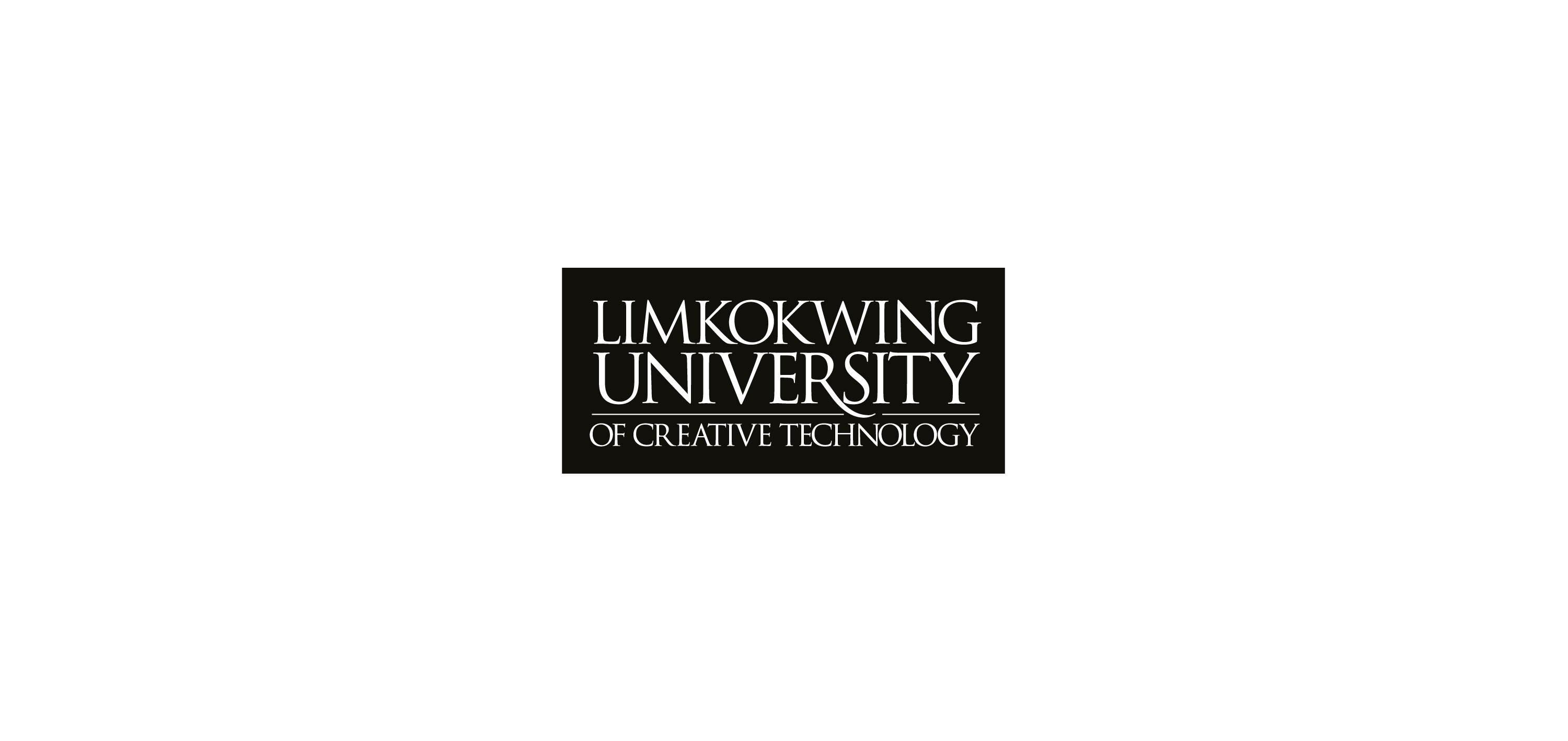جامعة هيريوت وات
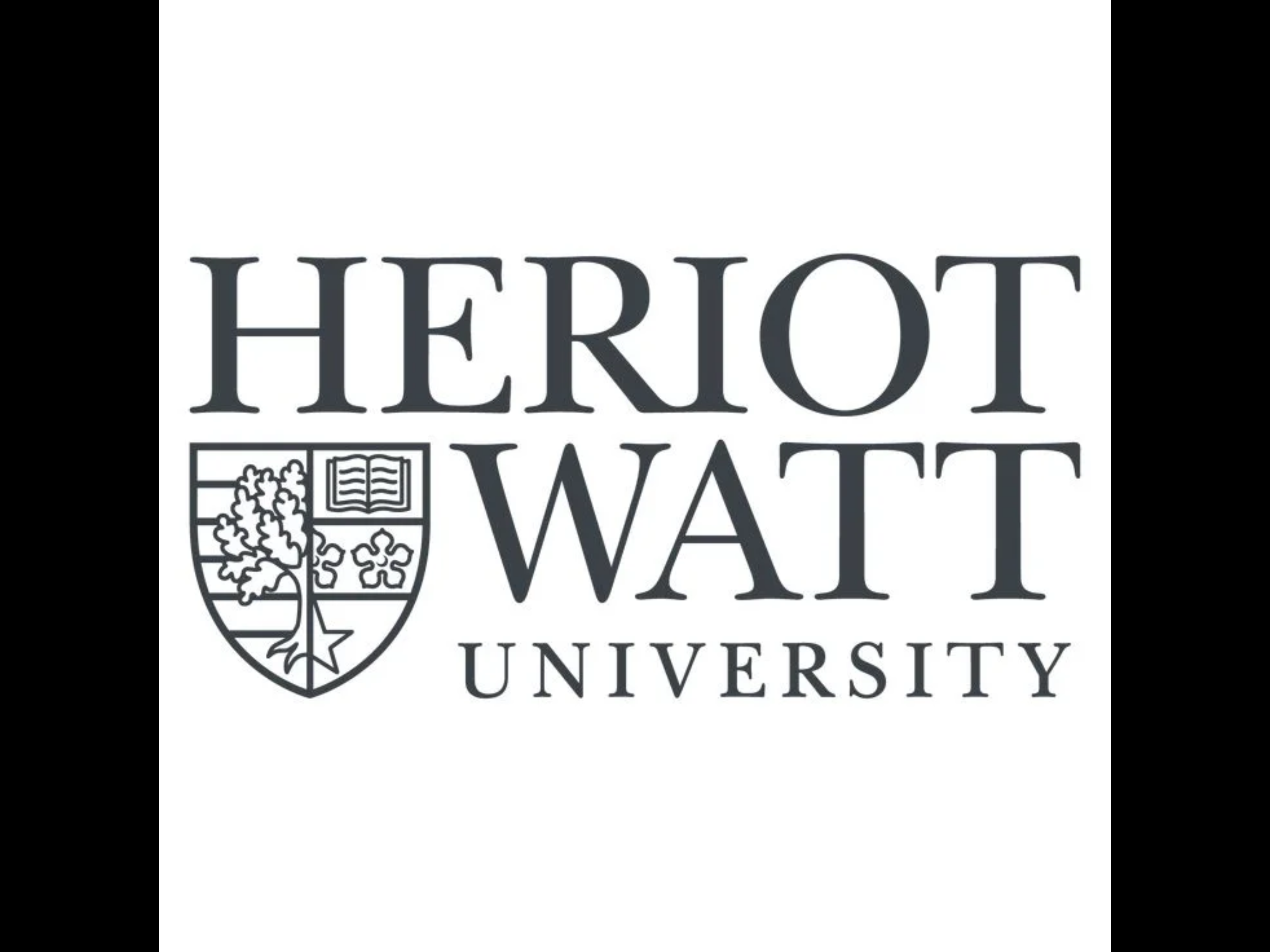
جامعة هيريوت وات
جامعة هيريوت-وات هي جامعة بحثية عامة ومشهورة عالميًا، تأسست في إدنبرة، اسكتلندا. تتميز الجامعة بتركيزها على التخصصات ذات الصلة بالصناعة، وريادتها في البحث التطبيقي، وانتشارها العالمي مع فروع لها في عدة قارات.
التاريخ والتأسيس
- الجذور المبكرة (1821): بدأت قصة هيريوت-وات في أكتوبر 1821 مع تأسيس "مدرسة الفنون في إدنبرة" (School of Arts of Edinburgh). كانت هذه المدرسة هي أول معهد للميكانيكيين في العالم، وقد أنشئت لتوفير التعليم التقني للطبقات العاملة، بهدف "تلبية الاحتياجات المجتمعية من خلال دمج التفكير العلمي الأساسي والبحث في الحلول الهندسية". هذا يظهر التزامها منذ البداية بتطبيق المعرفة لحل مشكلات العالم الحقيقي.
- التطور عبر العقود:
- 1852: تغير اسم المدرسة إلى "معهد وات ومدرسة الفنون" (Watt Institution and School of Arts)، تكريماً للمهندس والمخترع العظيم جيمس وات.
- 1855: أصبح اسمها "كلية هيريوت-وات" (Heriot-Watt College)، حيث يعود جزء "هيريوت" من الاسم إلى رجل الأعمال الناجح في القرن السادس عشر جورج هيريوت، الذي أسس المدرسة التي كانت سلفاً لكلية جورج هيريوت.
- 1966: حصلت الكلية أخيرًا على مكانتها الجامعية بموجب ميثاق ملكي، لتصبح جامعة هيريوت-وات (Heriot-Watt University). هذا يجعلها ثامن أقدم مؤسسة للتعليم العالي في المملكة المتحدة.
- ريادة في المساواة: كانت هيريوت-وات رائدة في تكافؤ الفرص في التعليم، حيث سمحت للنساء بحضور جميع الفصول الدراسية في عام 1869، أي قبل 20 عامًا من العديد من المؤسسات الأخرى.
السمعة والتصنيفات
تتمتع جامعة هيريوت-وات بسمعة قوية في التدريس والبحث، وتُصنف باستمرار ضمن أفضل الجامعات في المملكة المتحدة وحول العالم:
- التصنيفات العالمية:
- عادة ما يتم تصنيفها ضمن أفضل 300 جامعة عالميًا في QS World University Rankings (على سبيل المثال، 256 عالمياً في تصنيف QS لعام 2025).
- تعتبر من بين أفضل 18% من الجامعات في أوروبا (QS Europe Rankings 2025).
- التميز البحثي: 86.8% من أبحاث هيريوت-وات صُنفت على أنها "رائدة عالمياً" أو "ممتازة دولياً" (وفقًا لإطار التميز البحثي REF 2021).
- توظيف الخريجين: تحتل الجامعة مرتبة عالية جدًا في توظيف الخريجين، حيث يعتبر 90% تقريبًا من خريجيها إما في وظيفة أو يواصلون تعليمهم بعد 15 شهرًا من التخرج، مما يضعها في المرتبة الأولى في اسكتلندا والثانية في المملكة المتحدة لنتائج الخريجين (Graduate Outcomes Survey 2024).
- تصنيفات التخصصات: تتميز الجامعة بقوتها في تخصصات مثل الهندسة الكيميائية، الرياضيات، إدارة الضيافة والترفيه، هندسة البترول، الهندسة المعمارية والبيئة المبنية.
الحرم الجامعي والانتشار العالمي
تعد هيريوت-وات جامعة عالمية بحق، ولها حضور قوي في عدة دول:
- المملكة المتحدة:
- حرم إدنبرة (Edinburgh Campus): الحرم الرئيسي، يقع في ريكارتون، إدنبرة، ويضم مرافق حديثة ومختبرات متطورة. وهو موطن للمركز الوطني للروبوتات والذكاء الاصطناعي (National Robotarium) والمركز الدولي الوحيد لتخمير وتقطير المشروبات في المملكة المتحدة.
- حرم الحدود الاسكتلندية (Scottish Borders Campus): يقع في غالا شيلز، ويضم إحدى أقدم مدارس النسيج في العالم، مع روابط قوية بصناعة الأزياء والمنسوجات الدولية.
- حرم أوركني (Orkney Campus): يقع في سترومنيس، أوركني.
- فروع دولية:
- حرم دبي (Dubai Campus): يقع في مدينة دبي الأكاديمية، ويقدم مجموعة من البرامج البريطانية المعتمدة.
- حرم ماليزيا (Malaysia Campus): يقع في بوتراجايا، ماليزيا، ويوفر للطلاب فرصة الدراسة في بيئة عالمية بآسيا.
تتيح هذه الفروع الدولية للطلاب فرصة "Go Global" والانتقال بين الحرم الجامعية كجزء من برنامج التبادل، مما يعزز التجربة التعليمية الدولية.
الكليات والبرامج الأكاديمية
تقدم هيريوت-وات مجموعة واسعة من البرامج الدراسية في مجالات متخصصة، من البكالوريوس إلى الدكتوراه. تشمل الكليات والمدارس الرئيسية:
- كلية الهندسة والعلوم الفيزيائية (School of Engineering and Physical Sciences): الهندسة الكيميائية، المدنية، الكهربائية والإلكترونية، الميكانيكية، النفط، الطاقة، الرياضيات، الفيزياء، وعلوم الحاسوب.
- كلية إدارة الأعمال في إدنبرة (Edinburgh Business School): تعتبر أكبر كلية إدارة أعمال في اسكتلندا، وتقدم برامج في إدارة الأعمال، المالية، التسويق، وإدارة الموارد البشرية.
- كلية الطاقة والجيولوجيا والبنية التحتية والمجتمع (School of Energy, Geoscience, Infrastructure and Society):تشمل تخصصات مثل الهندسة المعمارية، التخطيط العمراني، الاستدامة، والعلوم الجيولوجية.
- كلية المنسوجات والتصميم (School of Textiles and Design): تشمل تصميم الأزياء، تصميم المنسوجات، والأعمال التجارية المتعلقة بالأزياء.
- كلية العلوم الإنسانية والاجتماعية (School of Social Sciences): تشمل الاقتصاد، علم النفس، اللغات، والعلوم السياسية.
لغة التدريس الأساسية في جميع الفروع هي اللغة الإنجليزية.
الرسوم الدراسية (للطلاب الدوليين)
تختلف الرسوم الدراسية في هيريوت-وات بشكل كبير بناءً على البرنامج ومستوى الدراسة والكلية. نظرًا لكونها جامعة بريطانية، فإن الرسوم الدراسية للطلاب الدوليين عادة ما تكون أعلى من الطلاب المحليين.
- برامج البكالوريوس: يمكن أن تتراوح الرسوم السنوية من حوالي 18,000 جنيه إسترليني إلى 24,000+ جنيه إسترليني، حسب التخصص (مثل الهندسة والتخصصات العلمية تكون عادة أعلى).
- برامج الماجستير: تتراوح الرسوم السنوية عادةً من حوالي 19,000 جنيه إسترليني إلى 28,000+ جنيه إسترليني، حسب البرنامج وما إذا كان يعتمد على المقررات الدراسية أو البحث.
- برامج الدكتوراه: الرسوم السنوية غالبًا ما تكون في نطاق 19,000 جنيه إسترليني إلى 23,000+ جنيه إسترليني.
ملاحظة هامة: هذه الأرقام تقديرية وقابلة للتغيير. من الضروري دائمًا مراجعة الموقع الرسمي لجامعة هيريوت-وات للحصول على أحدث وأدق المعلومات المتعلقة بالرسوم الدراسية لبرنامجك المحدد، بالإضافة إلى أي رسوم إضافية أو تكاليف معيشية مقدرة.
متطلبات القبول (للطلاب الدوليين)
تختلف متطلبات القبول بناءً على مستوى البرنامج (البكالوريوس، الماجستير، الدكتوراه)، ولكن تشمل الوثائق والمتطلبات الأساسية عادةً:
-
المستندات العامة:
- جواز سفر ساري المفعول.
- صور شخصية حديثة.
- الشهادات الأكاديمية وكشوف العلامات (مع ترجمة معتمدة إذا لم تكن بالإنجليزية).
- إثبات إتقان اللغة الإنجليزية (عادةً IELTS أو TOEFL).
- بيان الغرض (Statement of Purpose) للسادة والدكتوراه.
- خطابات توصية (لبرامج الماجستير والدكتوراه).
- سيرة ذاتية (CV) (لبرامج الماجستير والدكتوراه).
- إثبات مالي لتغطية الرسوم الدراسية ونفقات المعيشة.
-
متطلبات أكاديمية:
- البكالوريوس: شهادة الثانوية العامة بتقديرات جيدة، أو مؤهلات دولية مثل A-Levels أو IB Diploma.
- الماجستير: درجة بكالوريوس في مجال ذي صلة من جامعة معترف بها، مع سجل أكاديمي جيد (عادةً درجة 2:1 أو ما يعادلها في النظام البريطاني).
- الدكتوراه: درجة ماجستير في مجال ذي صلة، ومقترح بحث واضح، وخطابات توصية قوية.
-
متطلبات اللغة الإنجليزية (الحد الأدنى النموذجي):
- IELTS الأكاديمي: عادة 6.0 أو 6.5 بشكل عام، مع عدم وجود قسم أقل من 5.5 أو 6.0 (تختلف حسب البرنامج).
- TOEFL iBT: تختلف الدرجات المطلوبة ولكنها تعادل متطلبات IELTS.
- تتوفر استثناءات للمتقدمين من الدول الناطقة باللغة الإنجليزية أو الذين أكملوا تعليمهم السابق باللغة الإنجليزية.
Copyright @ | All Right Reserved. Developed by Alameer Media.
